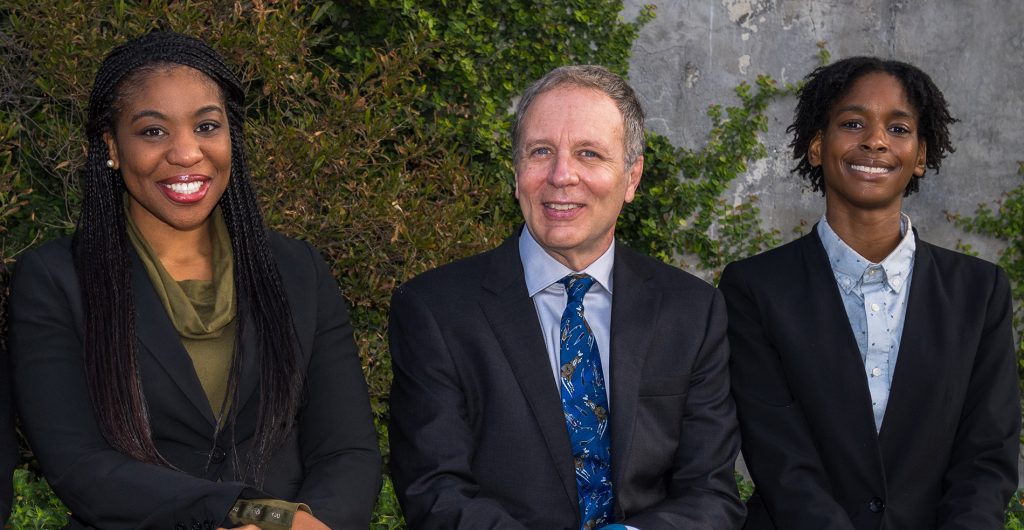How communities are creating more equitable justice systems with a focus on mental health

[ad_1]
More than 200 people have finished the program since it began in 2019. About 96% of them have avoided further involvement with the justice system. More than 70% of eligible people who entered the program are Black, African American, Hispanic or Latinx.
“That is a stark difference from what you usually see with diversion efforts. Usually, due to restrictive rules of who is eligible for these programs, we see that people of color are left out and who you see in the programs are mostly white folks,” says Brett Taylor, senior advisor for West Coast Initiatives at the Center for Court Innovation. The New York-based nonprofit provides technical assistance to Los Angeles County, where more than 700 people are currently enrolled in Rapid Diversion.
For the program, the more inclusive eligibility makes access to treatment and social services more equitable and “can help mitigate the effects of years of over-policing in communities of color,” Taylor says. The organization also intentionally places the program in cities with large Black and African American communities, where a history of disinvestment has left a dearth of mental health services.

The Center partnered with Microsoft to support Los Angeles County’s capacity to collect data related to disparities and other indicators.
“A lot of jurisdictions assume information is being collected and then a year later say, “We should look at racial disparities. Oh wait, we haven’t been collecting that information,’” says Chidinma Ume, interim director of policy for the Center. “Microsoft helped us bring focus and put in place how we’re going to collect it and how we’re going to measure it.”
The technical work will help Los Angeles County guide its strategy and assess the systemic impact of Rapid Diversion.
When participants complete the program, they’re invited to share their reflections at a final courtroom hearing. One woman, who had been sleeping in her car, shared how she was able to find work, move into an apartment and reunite with her child because of Rapid Diversion. A man, who had struggled with mental illness and substance use disorder since his teens, reflected that he was able to get into treatment, find permanent housing, become a cook and reconcile with his family through the program.
“I think about the generational impacts of this work and how if we’re able to help one person and change their trajectory, it can have compounding impacts for their families and their communities,” Ume says.
Community organizations interested in using data and technology to address the intersection of mental health and the criminal legal system are invited to apply for the Catalyst Grant Program.
Lead photo: PAD community engagement specialists Kareem Osborne (left) and Stacy Piper (photo by DV Photo Video)
[ad_2]
Source link
